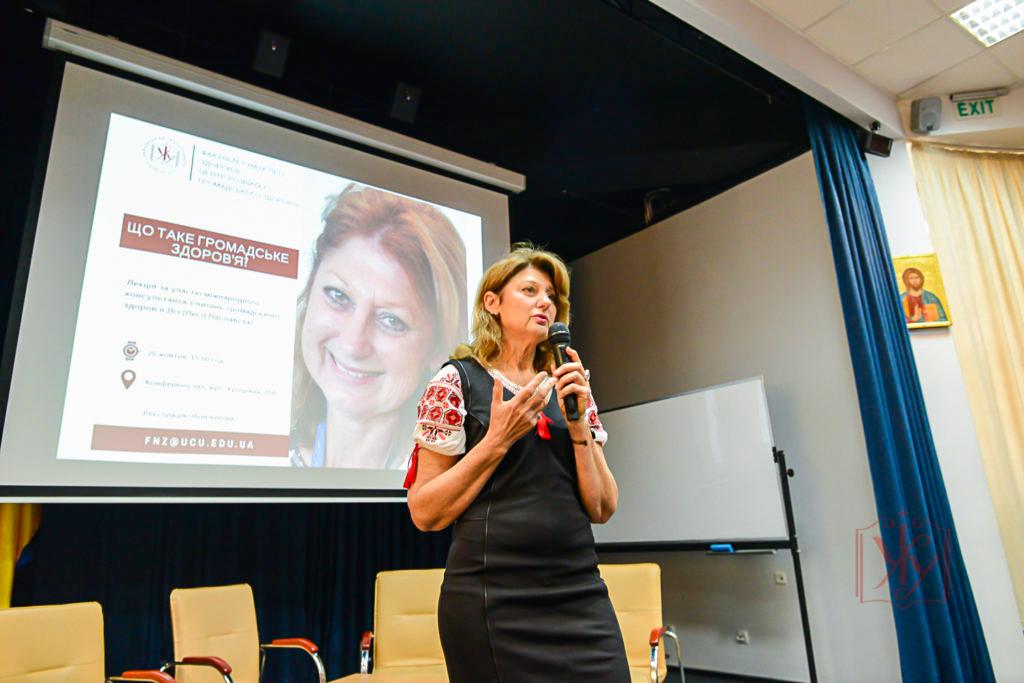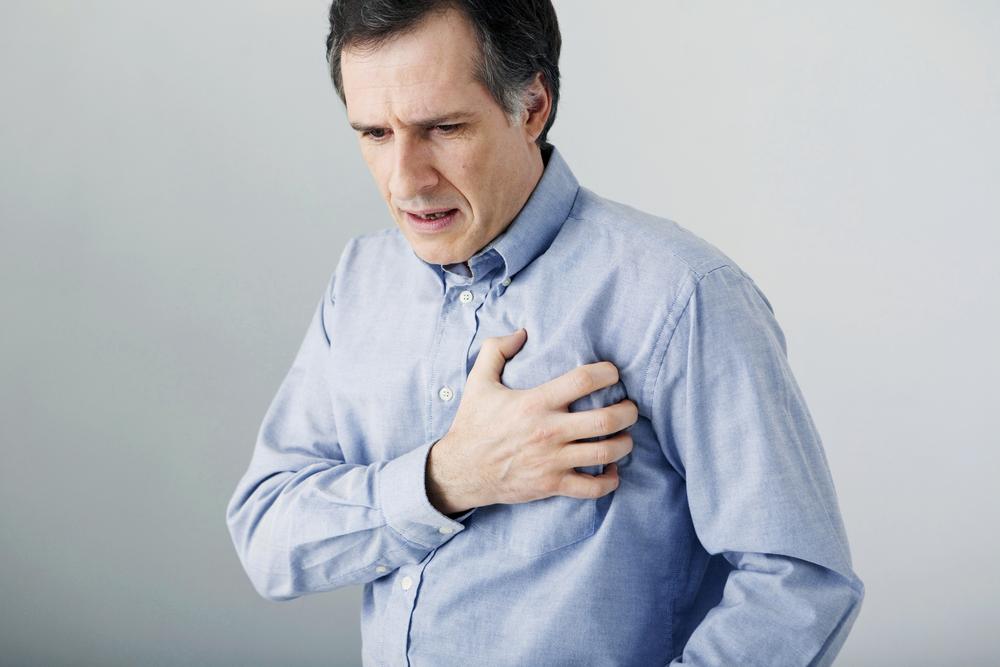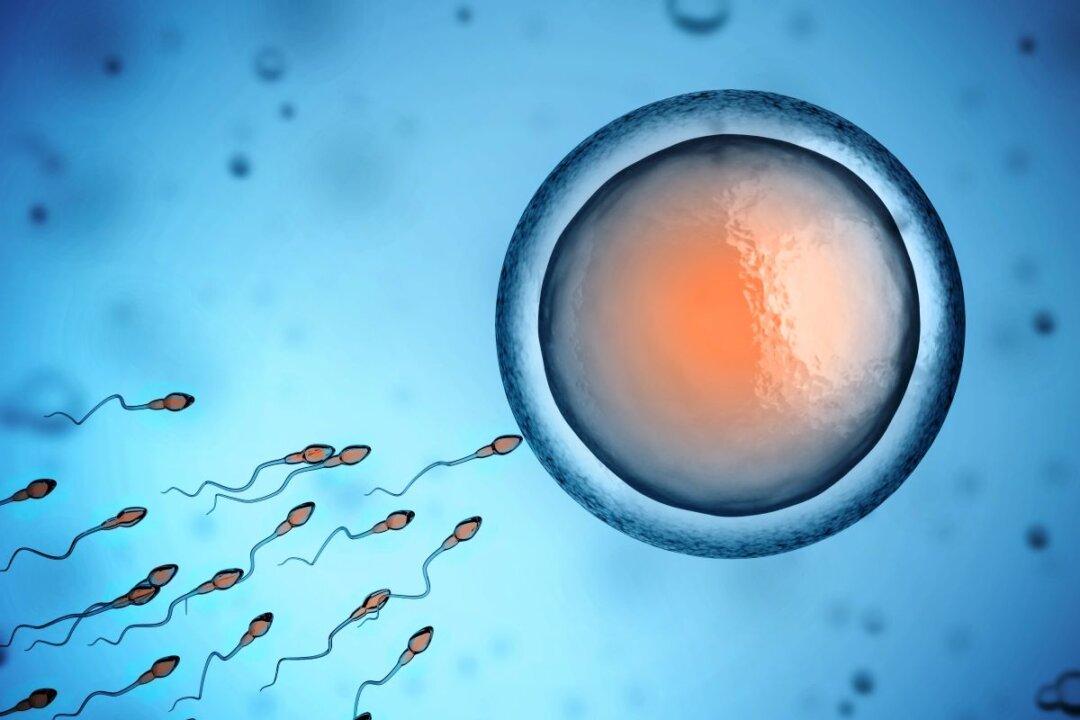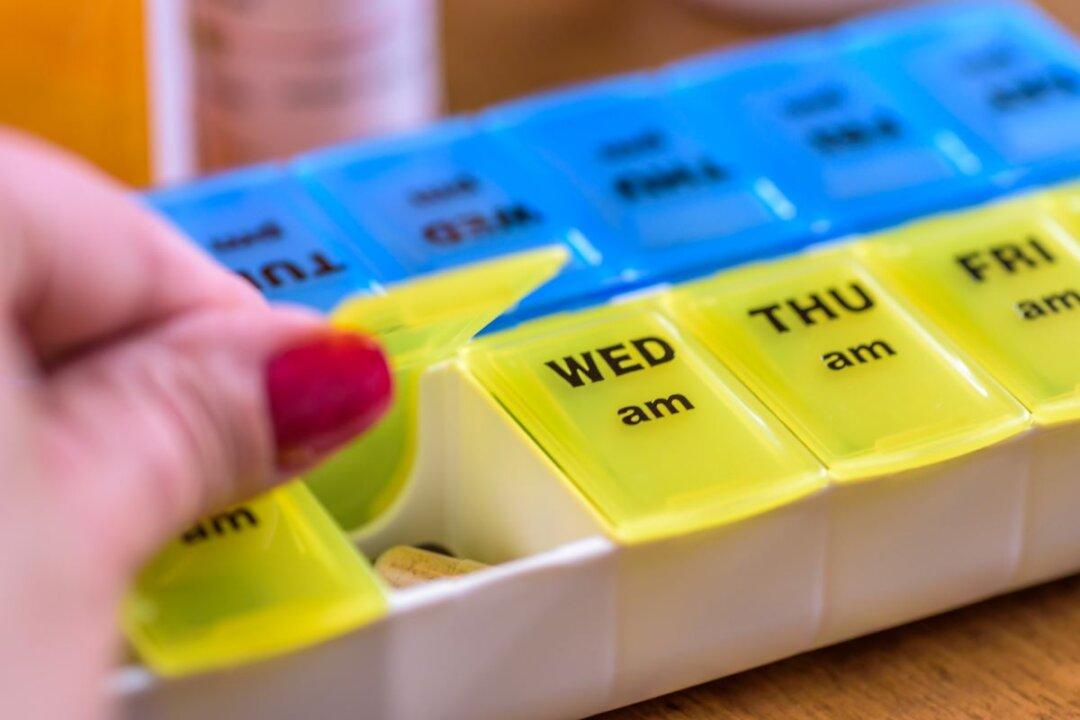The South Australian (SA) government is donating five pallets of medical supplies to Ukraine to support hospitals and health care workers in their efforts to provide emergency care for wounded civilians.
Donated items—which are expected to leave Australia this week—include laryngeal masks, first aid equipment including wound dressings, and pulse oximeters, which are used to measure blood oxygen levels.





